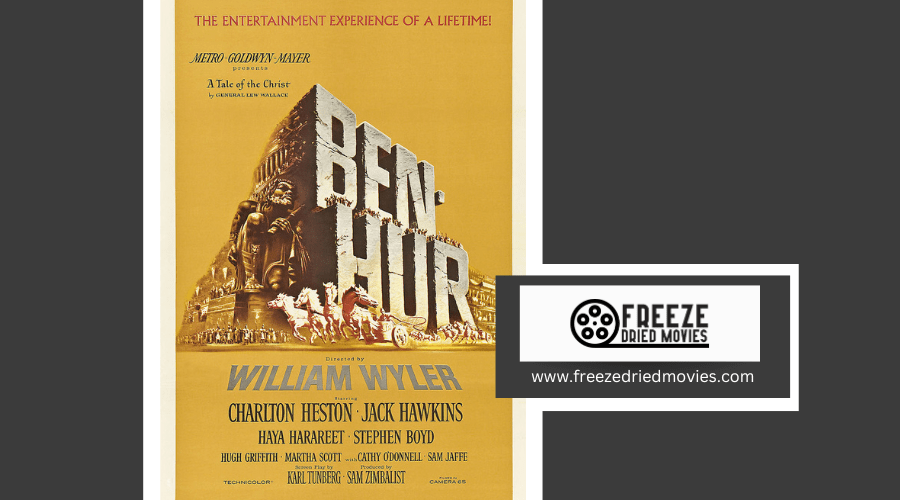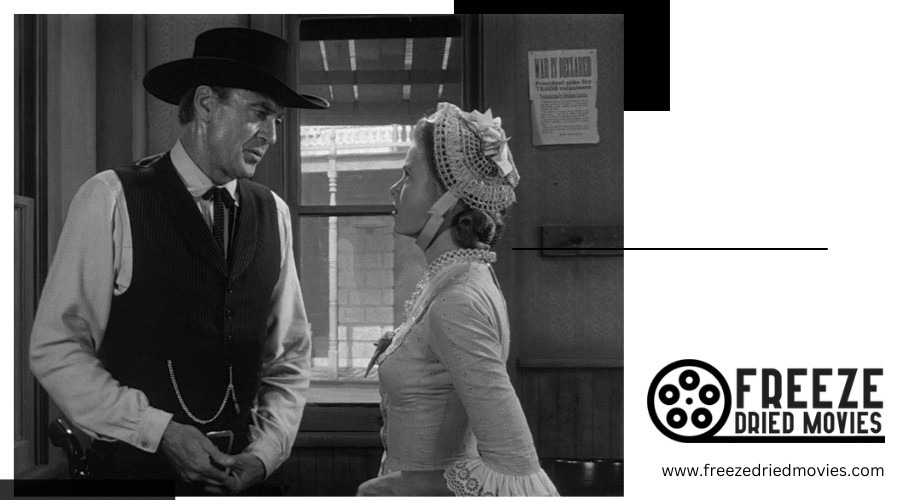Who Were the Famous Comedians of the 1950s?
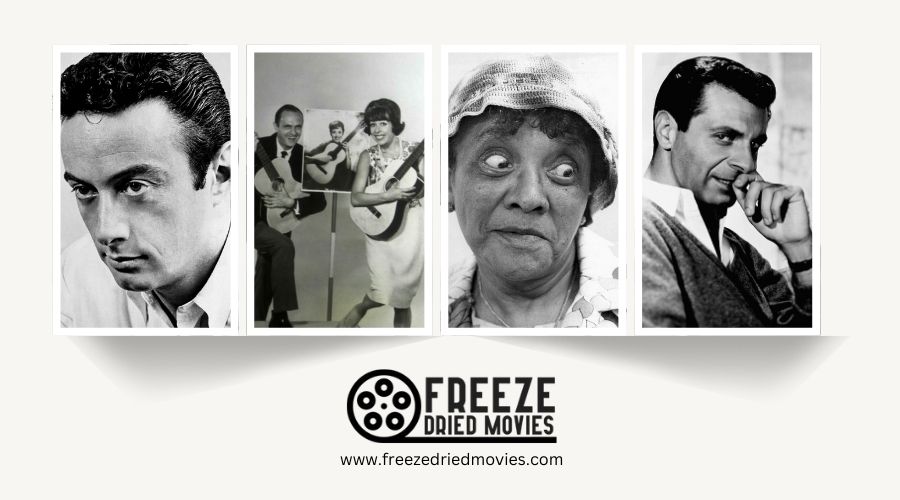
Famous comedians of the 1950s included groundbreaking artists like Lenny Bruce, who challenged taboos and faced obscenity charges for his honest material. Bob Newhart revolutionized comedy with his deadpan style, while Mort Sahl pioneered political satire, earning the nickname "Elvis of Stand-Up." Jackie "Moms" Mabley broke barriers for women and minorities in comedy. These trailblazers transformed stand-up from simple entertainment into a powerful platform for social commentary and cultural reflection.
Key Takeaways
- Lenny Bruce challenged cultural taboos on religion, sex, and race, becoming a martyr for free speech in comedy.
- Bob Newhart revolutionized stand-up with his deadpan delivery, with his debut album reaching #1 in 1960.
- Mort Sahl pioneered political satire in comedy, tackling sociopolitical issues that influenced later comedians like Jon Stewart.
- Jackie "Moms" Mabley broke barriers for women in comedy by boldly addressing racial and sexual themes.
- Stand-up comedy evolved from mere entertainment to social commentary in post-war America's vibrant nightclub scene.
The Rise of Stand-Up Comedy in Post-War America
As America emerged from the shadow of World War II, a vibrant nightclub scene became the unexpected birthplace of a comedy revolution. These intimate venues provided the perfect setting for a new breed of performers to develop a fresh approach to comedy.
Unlike the vaudeville-style routines of earlier generations, this emerging stand-up comedy format featured personal, idea-driven material that tackled social and political issues head-on. Comedians abandoned traditional joke structures in favor of authentic commentary on contemporary society.
The stand-up comedy scene quickly evolved from mere entertainment to a powerful platform for social critique. These pioneering performers transformed comedy into an art form that could simultaneously provoke laughter and thoughtful reflection on the changing American landscape. Notable figures like Lenny Bruce challenged cultural norms and expanded the boundaries of what stand-up comedy could address.
Trailblazers: Bob Newhart and His Button-Down Comedy
Among the colorful characters defining 1950s comedy, Bob Newhart emerged as a true original with his distinctively understated approach. Born George Robert Newhart in 1929 in Oak Park, Illinois, he revolutionized comedy with his deadpan delivery and conversational style.
You've likely heard of Newhart's remarkable achievement—his debut album "The Button-Down Mind of Bob Newhart" reached number one on the Hot 200 LP charts in 1960, spending an impressive 108 weeks charting. This success wasn't fleeting; he placed six LPs on the Hot 100 between 1960 and 1965.
Unlike the manic energy of his contemporaries, Newhart's button-down brand of comedy featured clever, character-driven routines that resonated with audiences. His influential style paved the way for generations of stand-up comedians who followed. Like many iconic entertainers, Newhart understood that profound depth could be achieved through simplicity and authenticity in performance.
The Satirical Genius of Mort Sahl
While Bob Newhart charmed audiences with his button-down approach, another revolutionary voice was reshaping comedy's landscape in the smoke-filled nightclubs of the 1950s. Mort Sahl pioneered a personal, idea-driven comedy style that tackled sociopolitical issues with sharp intellect and a casual demeanor.
Often dubbed the "Elvis of Stand-Up," Sahl blazed a trail for future satirists like Jean Shepherd by transforming intimate club settings into forums for truth-telling and intellectual engagement. His willingness to mock both liberal and conservative hypocrisies influenced later attitude comedians such as Jon Stewart and Bill Maher.
Despite his bitterness at feeling overlooked later in his career, Sahl's revolutionary approach forever changed stand-up comedy, moving it beyond pure entertainment toward a more personal art form that engaged directly with ideas and contemporary issues. His satirical approach to politics shared spiritual kinship with the political satire that the Marx Brothers had brought to cinema in the 1930s.
Controversy and Comedy: Lenny Bruce's Legacy
Few figures in American comedy pushed boundaries as fearlessly as Lenny Bruce, whose razor-sharp wit sliced through the veneer of 1950s social conformity. In a show business era defined by clean-cut entertainers, Bruce dared to tackle taboo subjects like religion, sex, and race relations with unflinching honesty.
His revolutionary approach to stand-up came at a steep price:
- Repeatedly arrested for obscenity during performances, turning his comedy into high-profile free speech battles
- Challenged America's hypocrisies by exposing the contradictions between public morality and private behavior
- Became an influential martyr for artistic expression, inspiring generations of comedians to speak truth to power
Though silenced by censorship and legal troubles, Bruce's legacy endures as the iconoclast who transformed comedy from mere entertainment into powerful social commentary. Like horror filmmakers under the Hays Code era, Bruce employed subversion techniques to address forbidden themes despite facing intense censorship.
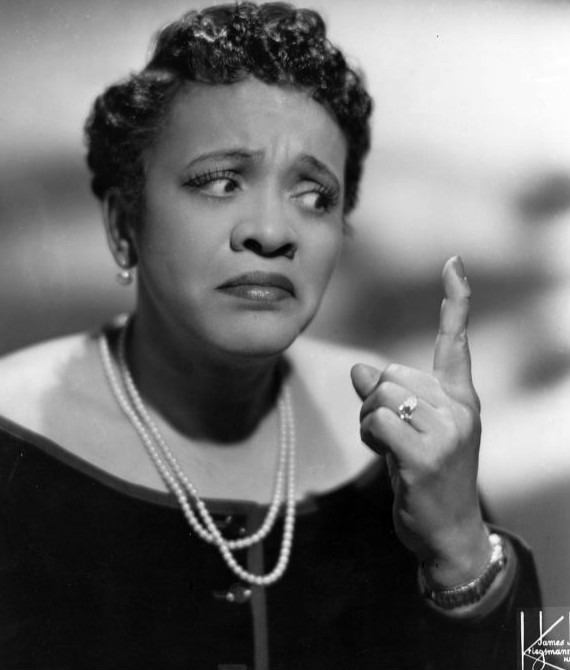
Breaking Barriers: Moms Mabley and Female Comics
In the shadow of the male-dominated comedy landscape, Jackie "Moms" Mabley emerged as a revolutionary force who shattered barriers for women in stand-up during the 1950s. As post-World War II America grappled with changing social dynamics, Mabley boldly tackled racial and sexual themes that other performers avoided.
Unlike Mort Sahls and his political commentary, Mabley's approach centered on her lived experience as an openly lesbian Black entertainer.
Her remarkable success—charting 13 comedy albums between 1961-1969—proved women could thrive in comedy's highest echelons. Starting in 1920s vaudeville, Mabley paved the way for contemporaries like Jean Carroll, Phyllis Diller, and Joan Rivers. These pioneering women collectively transformed comedy from an exclusively male domain into an art form where female voices could finally be heard.
Television Stars: From Steve Allen to Red Foxx
As female comics gradually claimed their rightful place in comedy's pantheon, television emerged as the next frontier for stand-up performers seeking wider audiences. Steve Allen, the first host of "The Tonight Show," bridged radio and TV while demonstrating his versatility with his comedy LP "Steve Allen's Funny Phone Calls" reaching #65 on charts in 1963.
Television opened doors for comedy's diverse voices after women broke barriers, with pioneers like Steve Allen leading the way.
The move to television created new opportunities for comics of various backgrounds:
- Steve Allen pioneered the late-night format while contemporaries like Bob and Ray brought their distinctive radio humor to visual mediums
- Woody Allen's intellectual style helped his self-titled album reach #63 in 1964 before his film career took off
- Red Foxx's adult-oriented material found mainstream success when "Sanford and Son" made him a household name in 1972
Record-Breaking Comedy Albums of the Decade
While television was transforming comedy's reach, the record industry witnessed an unprecedented boom in comedy albums that captured the era's wit for posterity.
Bob Newhart dominated the charts with his revolutionary album "The Button-Down Mind of Bob Newhart," which held the #1 spot for an impressive 14 weeks and remained on the Hot 200 for 108 weeks in 1960. You couldn't discuss comedy albums without mentioning Shelley Berman, whose Grammy-winning "Inside Shelley Berman" was one of five LPs he charted between 1959 and 1964.
While Stan Freberg pioneered satirical records, other comedians found success in this medium too. Steve Allen's "Funny Phone Calls" reached #65 in 1963, while Woody Allen and the duo of Mel Brooks and Carl Reiner also achieved notable chart positions with their comedy recordings.
The Kennedy Era and Vaughn Meader's Meteoric Rise
The Kennedy era introduced America to perhaps the most meteoric rise and fall in comedy history: Vaughn Meader. Born in Maine in 1936, Meader skyrocketed to fame with his spot-on Kennedy impersonation that captivated audiences nationwide. Even appearing on Ed Sullivan, Meader became a household name virtually overnight.
When politics meets comedy, careers can rise and fall with administrations—none more dramatically than Vaughn Meader's Kennedy-fueled rocket ride.
His accomplishments were remarkable:
- Released the fastest-selling LP before The Beatles
- Won a Grammy for Album of the Year in 1963
- Placed two consecutive comedy albums on the Hot 200 chart
Unfortunately, Kennedy's assassination in 1963 instantly ended Meader's career. His albums were pulled from shelves, performances canceled, and his comedic identity vanished. Meader's story exemplifies how quickly fame can disappear when tied to political figures during volatile times.
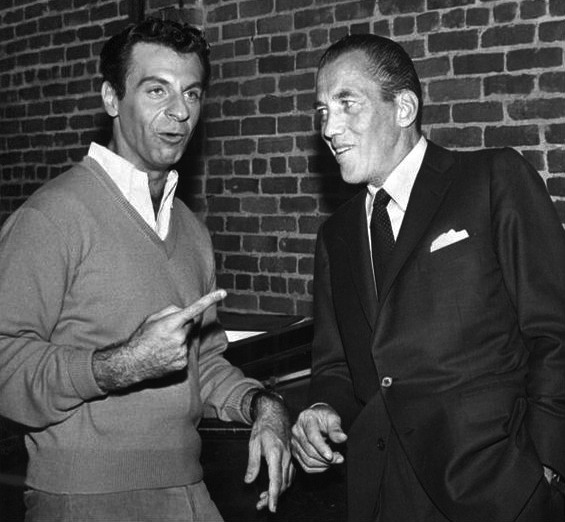
Nightclub Culture and the Comedy Revolution
Kennedy's brief era wasn't the only transformative period in 1950s comedy—a profound evolution was taking place in America's nightlife scene. The opulent showrooms featuring bands and showgirls were giving way to intimate venues like the hungry i, where a new breed of comedian thrived.
It's interesting to see how these small night clubs created perfect conditions for intellectually-driven comedy. College-educated professionals sought more than mere entertainment; they wanted engagement with ideas and personal perspectives.
Comedians like Mort Sahl pioneered this approach, fearlessly mocking hypocrisies across the political spectrum.
This revolution transformed comedians from simple joke-tellers into complex personalities sharing insightful humor. The line between performer and person blurred as comics put forth their authentic selves, establishing a truth-telling tradition that would later influence attitude comedians like Jon Stewart.
How 1950s Comedians Influenced Modern Stand-Up
As artistic revolutions sometimes quietly change entire cultural landscapes, the comedic innovations of the 1950s ultimately reshaped the DNA of modern stand-up comedy. When you watch Jon Stewart or Bill Maher today, you're seeing the direct lineage of Mort Sahl and Lenny Bruce's idea-driven, socially conscious humor.
The 1950s comedians didn't just tell jokes—they birthed a revolution that still defines our cultural conversation today.
The ripple effects of these pioneering comedians continue through:
- The fearless racial commentary pioneered by Black comedians that laid groundwork for Richard Pryor's revolutionary approach to discussing inequality
- The spread of comedy albums that exposed wide audiences to Bob Newhart and George Carlin's unique styles
- The rebel attitude that mocked hypocrisies across political spectrums, a trademark still evident in contemporary stand-up
These overlooked innovators didn't just tell jokes—they transformed comedy into a powerful cultural force.

